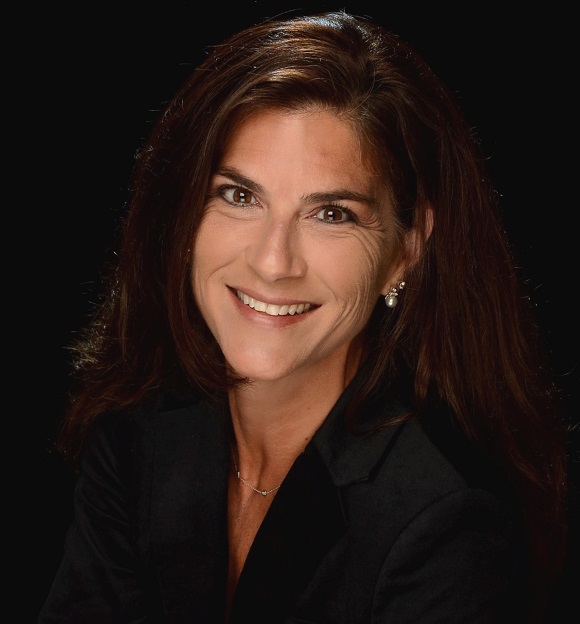 PHOTOGRAPHEE.EU/SHUTTERSTOCK
PHOTOGRAPHEE.EU/SHUTTERSTOCK
In Washington state, young children birth to 3 make up 42% of dependency cases filed in 2018. Of all children who go into care in Washington state, 25.6% are infants under 1 year, the second-highest rate in the country, behind Oklahoma. These babies and toddlers are primarily low-income, disproportionately people of color and over half (55.3%) come into foster care because their parents struggle with substance use.
Of the babies coming into the foster care system, the percentage of Substance-exposed infants has steadily risen in the past three years and accidental overdoses are the leading cause of maternal deaths in Washington. The Center for Children and Youth Justice (CCYJ) recognized the critical need to serve these children and as a result has collaborated with ZERO TO THREE to design a plan to expand the Safe Babies Court Team ™ (SBCT) approach across the state.
The public misconception that the majority of children coming into the foster care system are victims of physical abuse leads to a perpetually disproportionate system response. The transformation of the system to an equitable and just one takes the willingness to view the response from the underlying needs of the communities: access to comprehensive substance abuse treatment tailored to the needs of parents with young children, services specific to engaging and supporting families of color, affordable housing for families in every community and adequate transportation options to accessing services and treatment.

Rachel Sottile
It also demands working partnerships on several levels, requiring a hands-on approach involving courts, child welfare and child-serving organizations. SBCTs provide structure for such cross-sector teamwork that functions at two levels: the family team and the active community team. The ultimate goal of the SBCT approach is to advance the health and well-being of very young children and their families so they flourish.
The continuation of the process “we have always done” only perpetuates institutional racism, which is a result of long-held prejudices against people of color who disproportionately enter foster care. The inability to access necessary treatments, adequate and affordable housing and transportation should not lead to the removal of children and violate one’s constitutional right to parent their child. Instead, by heavily focusing on protecting and nurturing young children’s early caregiving relationships and ensuring timely services to meet their developmental needs, we are able to best improve the development and well-being of the child.
Examining the data and leading with the science will suggest there exists a new reality from which we can design a community approach to prevent the trauma of children’s removal and placement in foster care, promote reunification and other lasting permanency outcomes and strengthen family protective factors including enduring, positive social connections. Independent evaluations of the SBCT approach have proven it to be successful on several counts, especially with family reunification as the primary permanency outcome. More babies are reunified with parents or placed with relatives under the SBCT approach at 87.8%, versus 66% nationally.
The ZERO TO THREE Safe Babies Court Team™ approach transforms child welfare into the practice of child well-being by using the science of early childhood development. The program connects babies and their families with the support and services they need to promote healthy child development, while at the same time ensuring lasting permanency. The core of CCYJ’s implementation plan with the SBCT approach involves driving best practices for babies, toddlers and their families by addressing barriers to racial equity and social justice and empowering parents and elevating their voices.
The staggering data of Washington state babies entering into care will not easily disappear. We must come together with ingenuity, science and a fierce commitment to do what the research and practice demonstrates is best for our children.
Washington, together, we can create a new future for our children.
Rachel Sottile, M.S., is president and CEO of the Center for Children and Youth Justice. She has been senior vice president of the Pretrial Justice Institute and executive director of the YES Institute.































